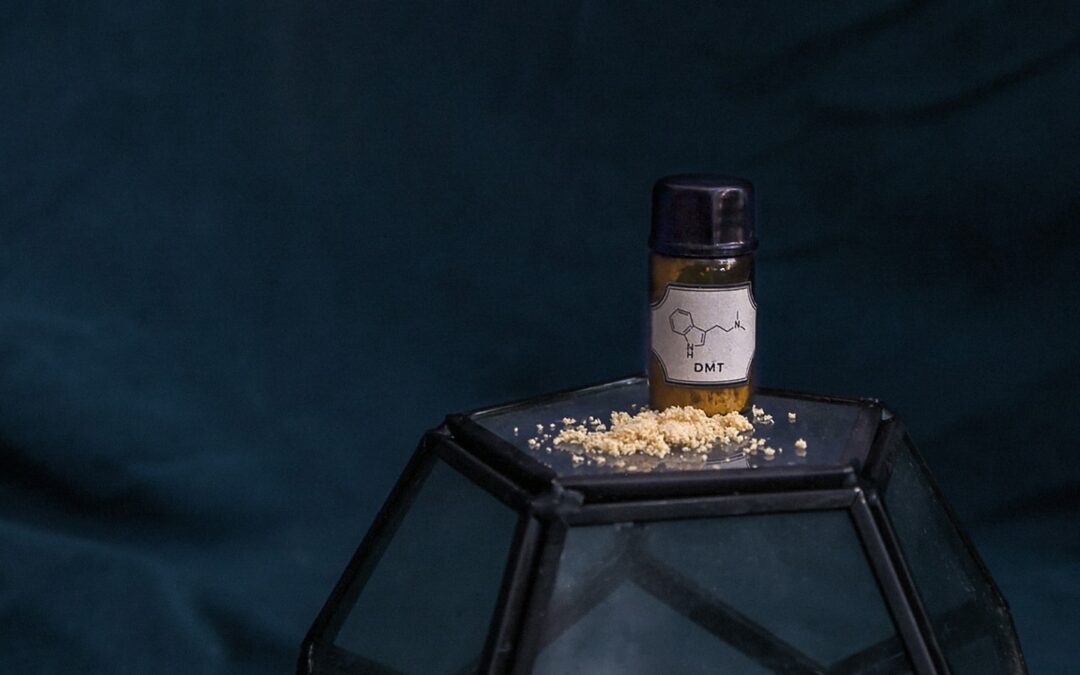
California Lawmakers Approve Bill To Legalize Psychedelics Possession

A California Assembly committee on Tuesday approved a Senate-passed bill to legalize possession of psychedelics, clearing its first major hurdle in the chamber.
The Assembly Public Safety Committee advanced the legislation, sponsored by Sen. Scott Wiener (D), in a 5-3 vote.
This comes one day after the senator held a rally with military veterans, law enforcement and health officials to build support for the proposal.
SB 519 would remove criminal penalties for possessing or sharing numerous psychedelics—including psilocybin mushrooms, DMT, ibogaine, LSD and MDMA—for adults 21 and older.
The sponsor supported a committee amendment that removed ketamine from the list of psychedelics included in the reform. That’s in addition to a series of technical revisions that were made to the legislation.
The full Senate approved the bill earlier this month, and it still has two more Assembly panel stops—the Public Health and Appropriations Committees—before moving to the floor and then, potentially, to the governor’s desk.
“Under SB 519, we will no longer arrest people and incarcerate them for the simple personal possession of psychedelics for personal or shared use,” Wiener told the committee on Tuesday. “That’s really the question here: Do we believe that we should be arresting someone because they possess psychedelics for personal use? I don’t think we should. Frankly, I think most people don’t think we should be doing that.”
The Assembly Public Safety Committee advanced the legislation, sponsored by Sen. Scott Wiener (D), in a 5-3 vote.
This comes one day after the senator held a rally with military veterans, law enforcement and health officials to build support for the proposal.
SB 519 would remove criminal penalties for possessing or sharing numerous psychedelics—including psilocybin mushrooms, DMT, ibogaine, LSD and MDMA—for adults 21 and older.
The sponsor supported a committee amendment that removed ketamine from the list of psychedelics included in the reform. That’s in addition to a series of technical revisions that were made to the legislation.
The full Senate approved the bill earlier this month, and it still has two more Assembly panel stops—the Public Health and Appropriations Committees—before moving to the floor and then, potentially, to the governor’s desk.
“Under SB 519, we will no longer arrest people and incarcerate them for the simple personal possession of psychedelics for personal or shared use,” Wiener told the committee on Tuesday. “That’s really the question here: Do we believe that we should be arresting someone because they possess psychedelics for personal use? I don’t think we should. Frankly, I think most people don’t think we should be doing that.”
Wiener has described its prospects going forward as “very challenging,” but he made the case at Monday’s press event that it is a necessary policy change to advance mental health reform and end criminalization.
Under the measure, the state Department of Public Health would be required to establish a working group “to study and make recommendations regarding possible regulatory systems that California could adopt to promote safe and equitable access to certain substances in permitted legal contexts.” Those recommendations would be due by January 1, 2024.
For psilocybin specifically, the legislation would repeal provisions in California statute that prohibit the cultivation or transportation of “any spores or mycelium capable of producing mushrooms or other material” that contain the psychoactive ingredient.
The bill originally included record sealing and resentencing provisions for people previously convicted of psychedelics possession offenses, but that language was removed in its last committee stop prior to the Senate floor vote as part of an amendment from the sponsor.






